Adentan Municipality contributes towards the 100% renewable energy in Ghana
‘Has anyone gone up North of Ghana? Some parts of our country are getting warmer and one of the objectives of the International communities is to reduce the earth’s overall temperature by 1.5 degrees, it is each of our responsibility to ensure we maintain Ghana’s NDCs and offer our contribution to solving the climate crisis” said Mr Foster Gyamfe of the Ministry of Finance Economic Strategy and Research division, at a workshop organized by 350 GROC at Adentan Municipal Assembly. Mrs Gifty Owusu - Nhyira of the Ecobank Ghana an accredited entity to the Green Climate Fund (GCF) lauded the initiative of the GROC Team “our doors are open to review and advise on any climate intervention projects from this workshop”
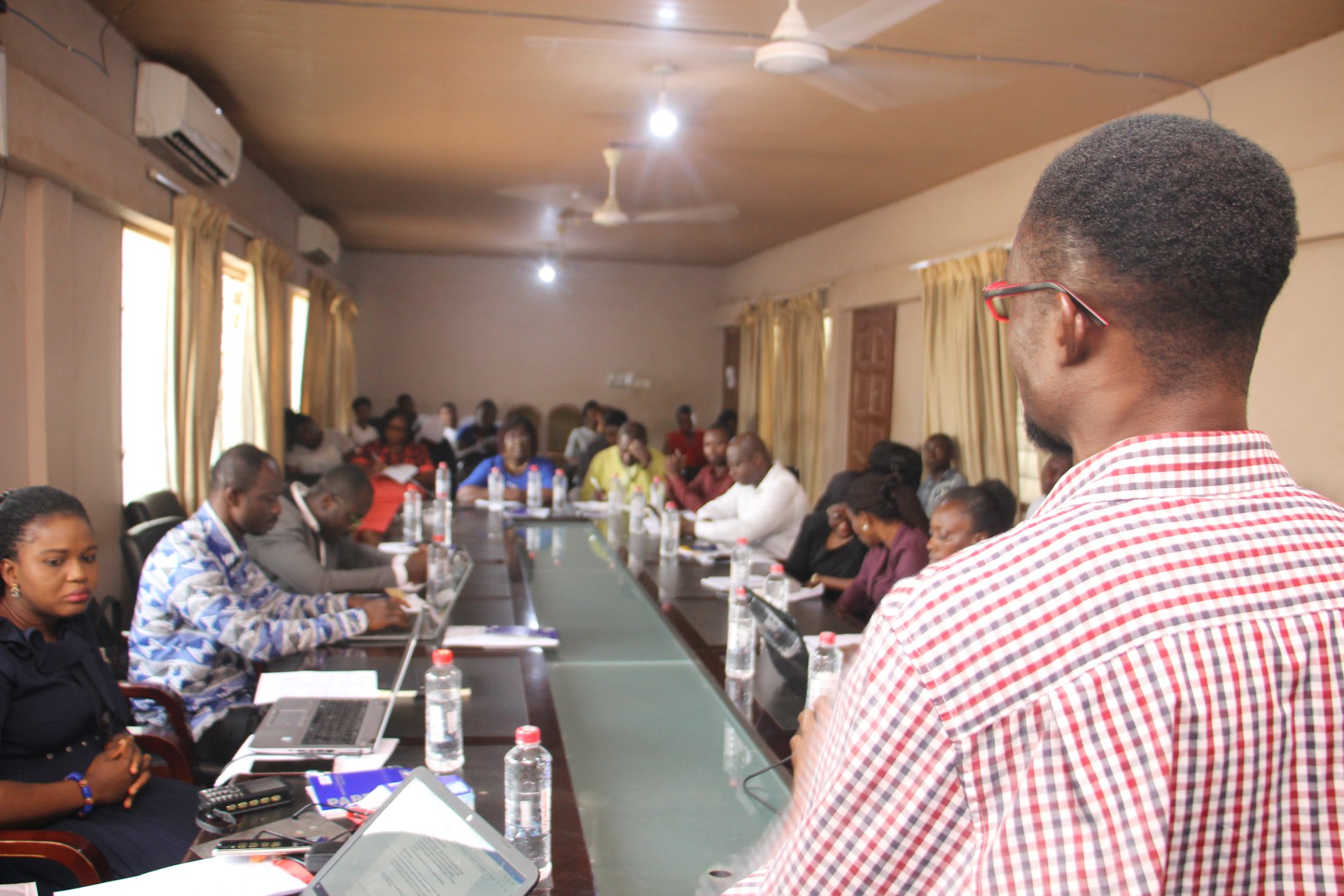
The workshop was held as part of the Renewable Energy for Communities (RE4C) campaign by 350 GROC and it brought together 40 participants, that is,25 members from the district and 15 partners. The workshop offered a space to discuss the present renewable energy plans in the Municipality, the failures and successes in the implementation of the pre-existing plans and finally the GROC team worked alongside the community to draft the renewable energy plan of the Adentan Municipality that is more viable.
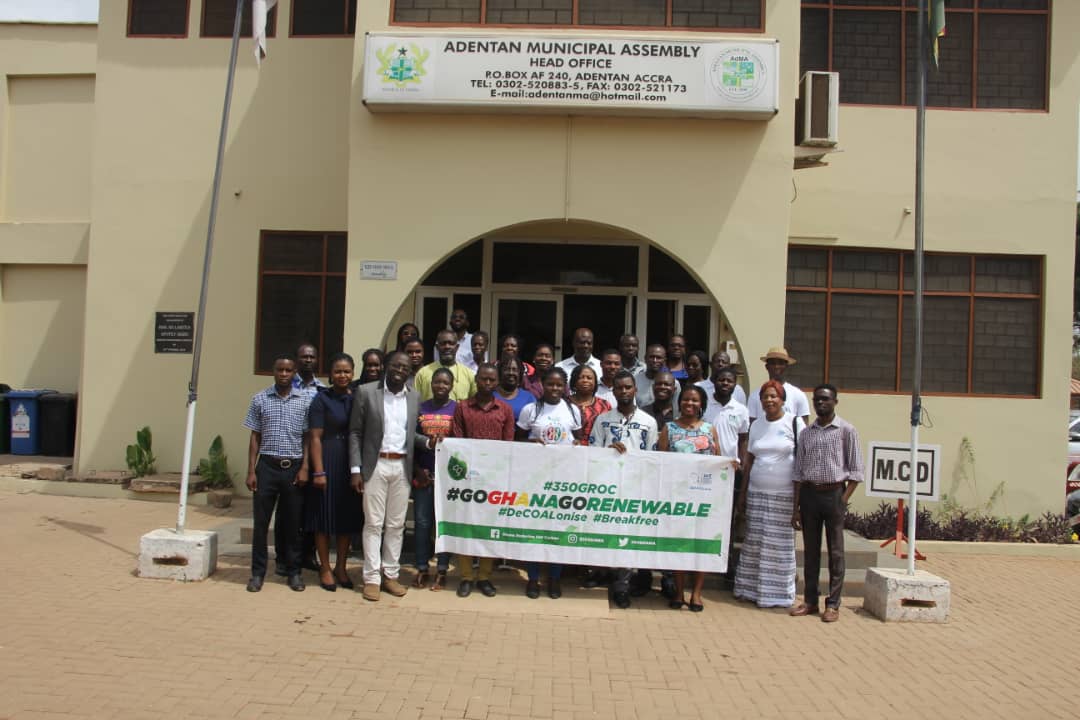
Adentan Municipality is amongst the 5 districts in Ghana that 350 GROC is working with for this phase of the Renewable Energy for Communities (RE4C) campaign. Success in the incorporation of the 5 district renewable energy plans in the existing Medium Term Development Plans, would be another milestone for 350 GROC after a long fight to stop the establishment of coal-fired power plants in Ghana, as it endeavours to promote nationwide renewable energy awareness geared towards sustainable development.
Climate Defenders gathering: Towards a consolidated strategy
Fifty climate defenders and activists from 23 countries gathered in Curitiba, Brazil from February 5th to 8th to share the stories of their struggles and to build a stronger community of climate defenders.
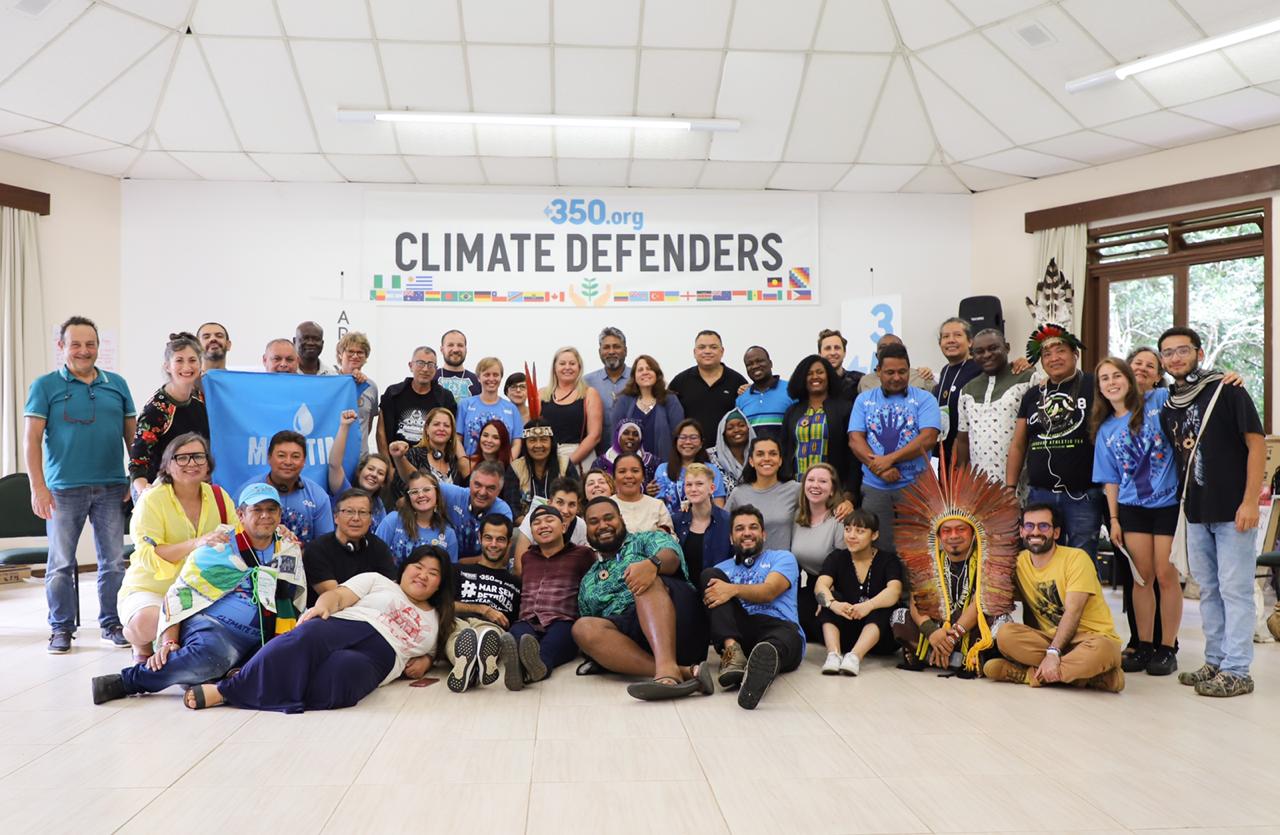
Everywhere climate defenders are facing threats, intimidation, and increased repression as they protect the planet from destruction. In most cases, the fossil fuel industry is responsible for the most severe and disturbing violations of human rights. This gathering provided a space to share experiences, skills and tactics and build a coherent strategy for reacting to crisis moments, including increased visibility, communications strengthened leadership, rapid response and building alliances of legal support.
African representatives at the gathering shared the most common threats they are confronted with, including intimidation by government officials and police, restricted movements and surveillance, forced removal of communities and sometimes verbal abuse by being labelled for instance as ‘anti-development’ activists. They denounced the fossil fuel companies working hand in hand with corrupt politicians, security forces and sometimes private militia in perpetrating such disturbing violations of human rights and freedom.
During the gathering, 350.org launched the Climate Defenders report on Human Rights Abuses by Fossil Fuel Companies. The report highlighted some specific cases from Africa where companies such as Shell in Nigeria) and Amu Power in Lamu (Kenya) are involved. The report shows successful strategies that activists are taking to fight these cases.
"Chevron-Texaco and Shell are directly responsible for more than 45,000 deaths caused by health issues, the displacement of 60,000 people and the dump of more than 18 billion gallons of toxic wastewater into rivers" #AfrikaVuka https://t.co/nGJjxGuVyZ pic.twitter.com/h4ZFDvYQ74
— Christian (@christroi10) February 7, 2020
By targeting the fossil fuel industry, climate activists are attacking directly the heart of the climate crisis. They are not only defending life and nature but also pushing back the increased repression on civil society groups while exposing the liability of the fossil fuel industry in human rights abuses.
Among the proposed solutions to strengthen their fights, participants at the gathering suggested cross-regional solidarity between countries with common struggles, working on the existing protocols to strengthen protection mechanisms and ensuring greater connections between climate activists and the wider human rights defenders community.
Author: Christian Hounkannou, 350Africa Francophone Field Organiser.
Integrating renewable energy agenda into Accra’s districts development plans
In 2020, 350 Ghana Reducing Our Carbon’s work (GROC) is focused on creating awareness on renewable energy and will be working closely with 5 districts of the Greater Accra to develop local renewable energy plans in their efforts to activate Renewable Energy programming contributing to a substantial impact to Ghana’s Energy Policy by 2030.
This week, GROC hosted a workshop in Ayawaso West Municipal Assembly, which is one of the 260 Metropolitan, Municipal and District Assemblies (MMDAs) and forms part of the 29 MMDAs in the Greater Accra Region.
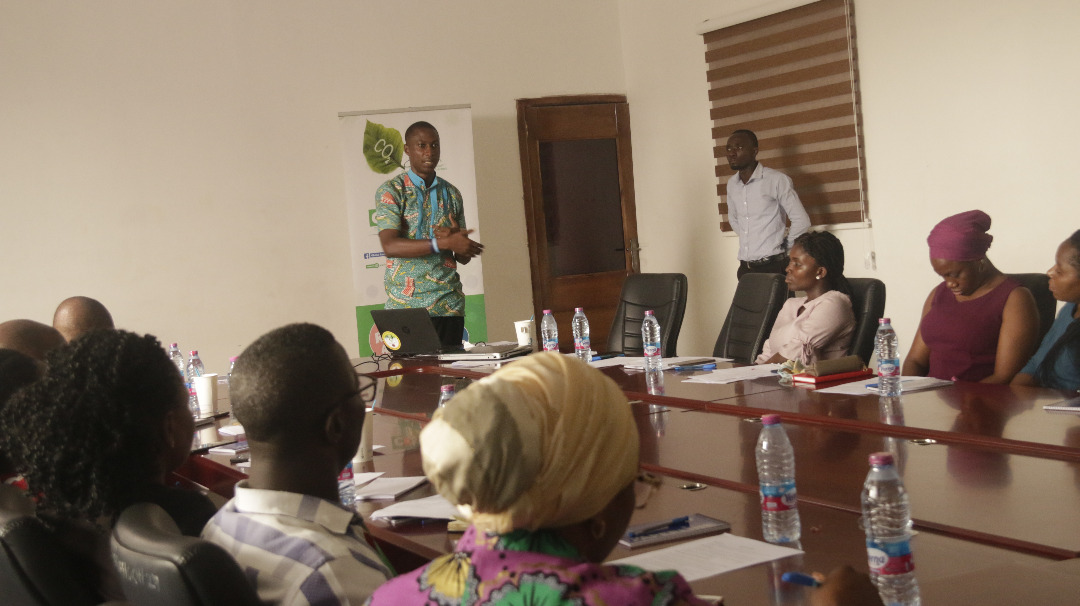
The workshop’s goal was to identify and build partnerships with key stakeholders within that municipality who are working towards the renewable energy agenda and to get insights that would inform the integration of renewable energy section into the Medium Term Development Plan (MTDP) and Action Plan for 2020.
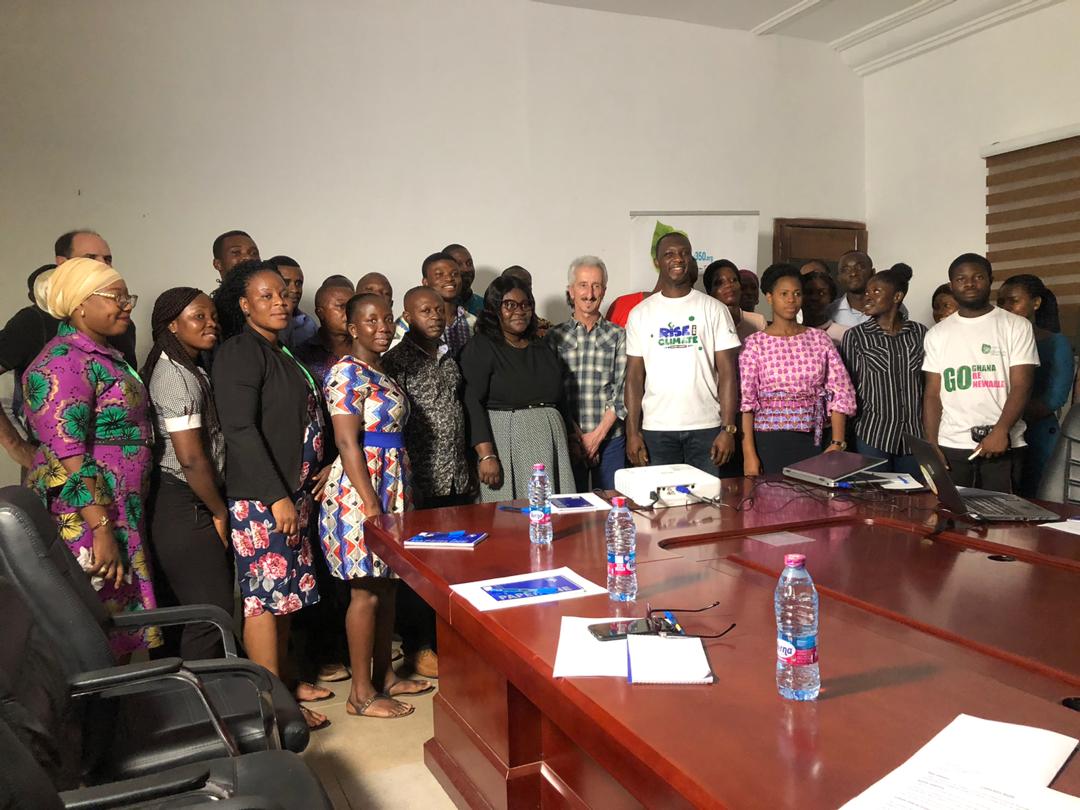
This workshop is the launch of a campaign to get the Renewable Energy agenda integrated into local development plans that will take place throughout the year in four other districts like Ga West Municipal Assembly, Ashaiman district, Accra Metropolitan District and Adentan Municipality.
Author: Rukiya Khamis, 350Africa.org Anglophone Field Organizer
Nedbank officially Cuts Ties With Coal
In January 2019, Nedbank announced their clean break away from financing coal-fired power plans by committing to not finance Thabametsi and Khanyisa, which form part of South Africa’s first round of Coal Baseload Independent Power Producer Programme.
This announcement followed a 2018 declaration that the bank will no longer provide project financing for coal fired power stations excluding the Coal IPP’s which they had committed to.
The Coal IPPS have been embroiled in multiple long-standing legal challenges that have delayed financial sign-off and culminated in the expiry of varying proposals by a syndicate of South African banks to finance the coal IPP’s.
It is now official that Nedbank has ‘undertaken not to provide project financing or other forms of asset-specific financing where proceeds would be used to develop new coal-fired power plants’. This is a momentous step in the right direction for South Africa makes Nedbank the first Africa based bank to use their financial might to cut ties with coal and prioritize their expertise on helping to deliver on the transition to a low carbon economy through scaling up on renewable energy investments.
We welcome the banks intentions to ‘make change happen’ and deliver on the diversification of electricity supply. In South Africa coal accounts for 77% of electricity output. However, the country’s coal dependency has come at a heavy price, with Witbank, situated in the country’s coal belt being labelled as one of the worst places in the world for air pollution.
With the country’s slow progress in shifting to cleaner power projects in recent years, it is our hope that Nedbank's commitment accelerates the financial services sectors’ will to initiate reforms that fully exclude fossil fuels from lending and investment policies.

